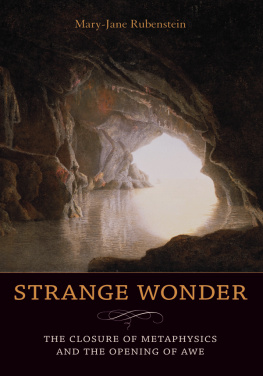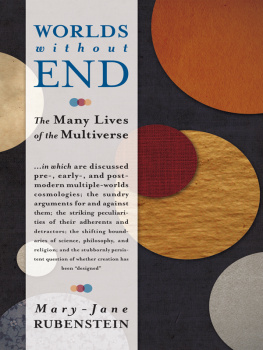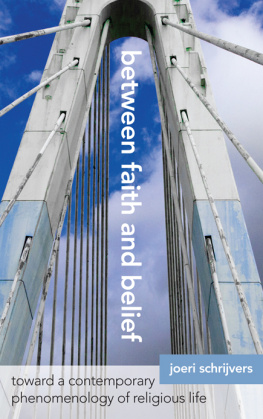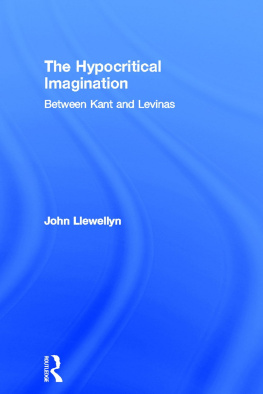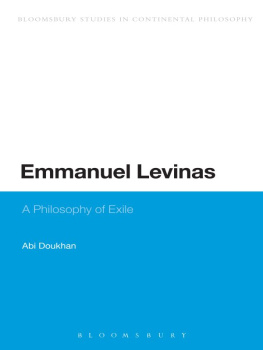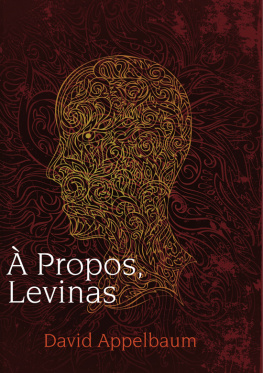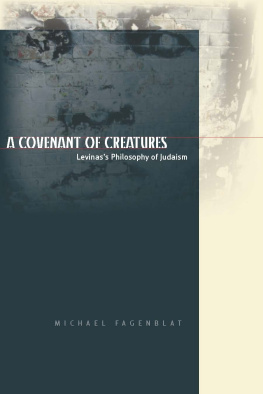STRANGE WONDER
INSURRECTIONS: CRITICAL STUDIES IN RELIGION, POLITICS, AND CULTURE
INSURRECTIONS: CRITICAL STUDIES IN RELIGION, POLITICS, AND CULTURE
Slavoj iek, Clayton Crockett, Creston Davis, Jeffrey W. Robbins, editors
The intersection of religion, politics, and culture is one of the most discussed areas in theory today. It also has the deepest and most wide-ranging impact on the world. Insurrections: Critical Studies in Religion, Politics, and Culture will bring the tools of philosophy and critical theory to the political implications of the religious turn. The series will address a range of religious traditions and political viewpoints in the United States, Europe, and other parts of the world. Without advocating any specific religious or theological stance, the series aims nonetheless to be faithful to the radical emancipatory potential of religion.
After the Death of God
JOHN D. CAPUTO AND GIANNI VATTIMO,
EDITED BY JEFFREY W. ROBBINS
Nietzsche and Levinas: After the Death of a Certain God,
EDITED BY BETTINA BERGO AND JILL STAUFFER
The Politics of Postsecular Religion: Mourning Secular Futures,
ANANDA ABEYSEKARA
Religion and the Specter of the West: Sikhism, India, Postcoloniality, and the Politics of Translation
ARVIND MANDAIR
STRANGE WONDER
THE CLOSURE OF METAPHYSICS AND THE OPENING OF AWE
Mary-Jane Rubenstein

COLUMBIA UNIVERSITY PRESS NEW YORK
COLUMBIA UNIVERSITY PRESS
Publishers Since 1893
New York Chichester, West Sussex
cup.columbia.edu
Copyright 2008 Columbia University Press
All rights reserved
E-ISBN 978-0-231-51859-8
Library of Congress Cataloging-in-Publication Data
Rubenstein, Mary-Jane.
Strange wonder: the closure of metaphysics and the opening of awe / Mary-Jane Rubenstein.
p. cm.(Insurrections: critical studies in religion, politics, and culture)
Includes bibliographical references and index.
ISBN 978-0-231-14632-6 (cloth: alk. paper)ISBN 978-0-231-51859-8 (e-book)
1. Wonder (Philosophy) 2. Philosophy. I. Title. II. Series.
| B105.W65R83 2008 |
| 190dc22 | 2008032131 |
A Columbia University Press E-book.
CUP would be pleased to hear about your reading experience with this e-book at .
References to Internet Web Sites (URLs) were accurate at the time of writing. Neither the author nor Columbia University Press is responsible for Web sites that may have expired or changed since the book was prepared.
Horatio: O day and night, but this is wondrous strange.
Hamlet: And therefore as a stranger give it welcome.
There are more things in heaven and earth, Horatio,
Than are dreamt of in your philosophy.
William Shakespeare, Hamlet
FOR MY TEACHERS
For my part I have already, thanks to you, given utterance to more than I had in me.
Plato, Theaetetus
CONTENTS
, the Irresponsible, and the Undecidable
I would like here to acknowledge just some of the numerous people upon whom my research, thinking, and sanity have relied in the course of writing this book. Thanks are due first of all to my doctoral adviser, Wayne Proudfoot, whose careful critique and thoughtful suggestions throughout this process have been invaluable. I am also grateful to Elizabeth Castelli for her help with the Platonic material, her eye for the political landscape, her ear for metaphor, and her tireless encouragement. Mark C. Taylor first pointed me toward Jean-Luc Nancy in relation to this study, and I have appreciated his intellectual generosity and interpretation of modern philosophy ever since I worked with him as an undergraduate at Williams College.
Much of the initial impetus to undertake this project emerged from a seminar co-taught by Avital Ronell and Jacques Derrida at New York University, which I attended from 2001 to 2003. With her characteristic combination of grace and incisiveness, Professor Ronell has taught me to become a much more attentive reader, and I will forever remember Professor Derridas painstaking, courageous, and, above all, caring approach to the task of thinking. I also thank my friend and colleague Elizabeth Loeb, who understood what I was trying to do with Derrida and wonder before I did.
Perhaps not surprisingly, this topic has provoked a vast range of conversations with a vast range of colleagues, friends, and mentors. For thoughts that have haunted my writing to the extent that I would not know how to go about footnoting them, I thank Storm Swain, Randall Styers, Denys Turner, Celia Deutsch, Jack Hawley, Catherine Keller, Simon Oliver, John Milbank, Cate Williamson, Patti Welch, Cludio Carvalhaes, Raffaele Timarchi, Chloe Breyer, Ephraim Rubenstein, and Jenna Tiitsman. Jenna also readmore closely than it probably deservedan early version of the introduction. Many thanks to Taylor Carman for his insight into the Heidegger material, Jeff Rider for his thoughtful reading of parts of the draft, Jodi Eichler-Levine for her help with the Greek material, Will Blomquist for the last-minute editing, and Wendy Lochner and Christine Mortlock at Columbia University Press. I am especially grateful to Susan Pensak for the extraordinary care she has taken in editing the manuscript. I also thank Thomas Ashley for the Keats, Michael Ashley for the solidarity, Elizabeth Salzer for taking my farthest-flung thoughts seriously, Vanessa Morris-Burke for keeping me on my feet, my students for keeping me on my toes, and my colleagues in the Religion Department at Wesleyan University for their careful engagement of this work.
My research has been generously supported by the Jacob K. Javits Foundation; the Episcopal Church Foundation; the Center for Comparative Literature and Society at Columbia University; and the Cathedral Church of St. John the Divine, the Very Reverend James A. Kowalski, dean. The project has also relied heavily upon the unflagging encouragementnot to mention the paper products and leftoversof all my parents: Veronica and Thomas Warren, Joshua and Jennifer Rubenstein, and Marta Johnson. My siblings do their best to keep me honest and amazed: Isaac, Marlena, Rebecca, and certainly Kenan, without whom I doubt I would be able to think through anything at all. And literally boundless thanks are due to Helen Ashley, whose patience, creativity, and compassion are themselves nothing short of miraculous.
Lastly, I thank H. Ganse Little Jr., Bill Darrow, and Catherine Pickstock, for getting so much of this going in the first place.
To say philosophy originates in wonder means philosophy is wondrous in its essence and becomes more wondrous the more it becomes what it really is.
Martin Heidegger
Do not all charms fly at the mere touch of cold philosophy?
John Keats
One day in Athens, sensing he is nearing the end of his life, Socrates asks Theodorus whether there are any extraordinary students at the gymnasium. The wise old geometer names one Theaetetus, extolling the boys amazing nature and his astonishing mind, not to mention his remarkable resemblance to Socrates. Just then, the object of their fascination appears on the horizon. As he approaches, Socrates decides to examine Theaetetus, telling the wide-eyed, snub-nosed boy, I want to see for myself what kind of face I have (144d). The conversation that ensues between the Master and the Wunderkind is nothing short of a reflection upon the natureand futureof philosophy itself.
I have a small difficulty, Socrates tells his mirror image, which I think ought to be investigated (145d). Socrates confesses that while he continues to gain knowledge of geometry and astronomy and music, he cant get a proper grasp of what on earth
Next page
